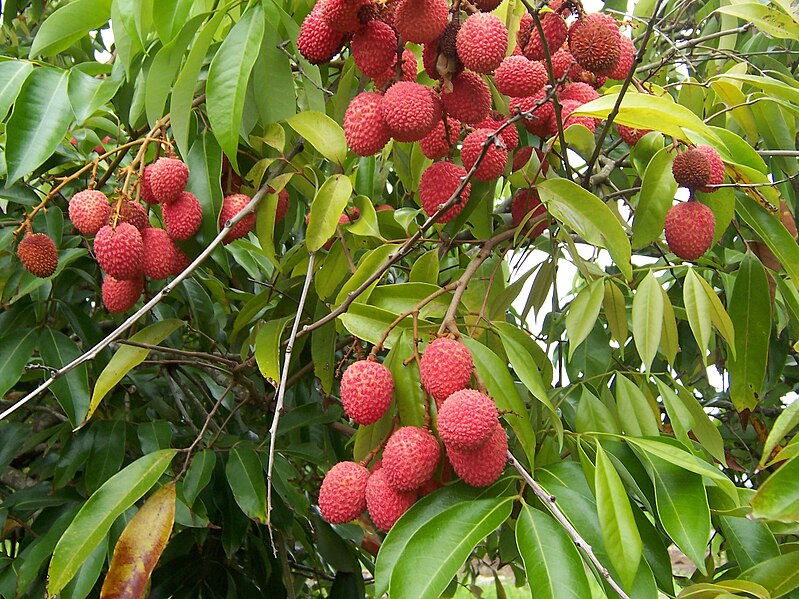Lychee genome tells a colorful story about a colorful tropical fruit
Date: 5.1.2022
Lychees have been grown in China since ancient times, with records of cultivation dating back about 2,000 years. Fresh lychees were an object of such desire that in the Tang Dynasty, one emperor set up a dedicated horse relay to deliver the fruits to the imperial court from harvests made far to the south.

"Lychee is an important tropical agricultural crop in the Sapindaceae (maple and horse chestnut) family, and it is one of the most economically significant fruit crops grown in eastern Asia, especially so to the yearly income of farmers in southern China," says Jianguo Li, Ph.D., professor in the South China Agricultural University (SCAU) College of Horticulture and a senior author of the study.
"By sequencing and analyzing wild and cultivated lychee varieties, we were able to trace the origin and domestication history of lychee. We demonstrated that extremely early- and late-maturing cultivars were derived from independent human domestication events in Yunnan and Hainan, respectively."
Additionally, "We identified a specific genetic variant, a deleted stretch of genetic material, that can be developed as a simple biological marker for screening of lychee varieties with different flowering times, contributing importantly to future breeding programs," adds Rui Xia, Ph.D., professor in the same college at SCAU and another senior author of the research.
https://phys.org/news/2022-01-lychee-genome-story-tropical-fruit.html






















